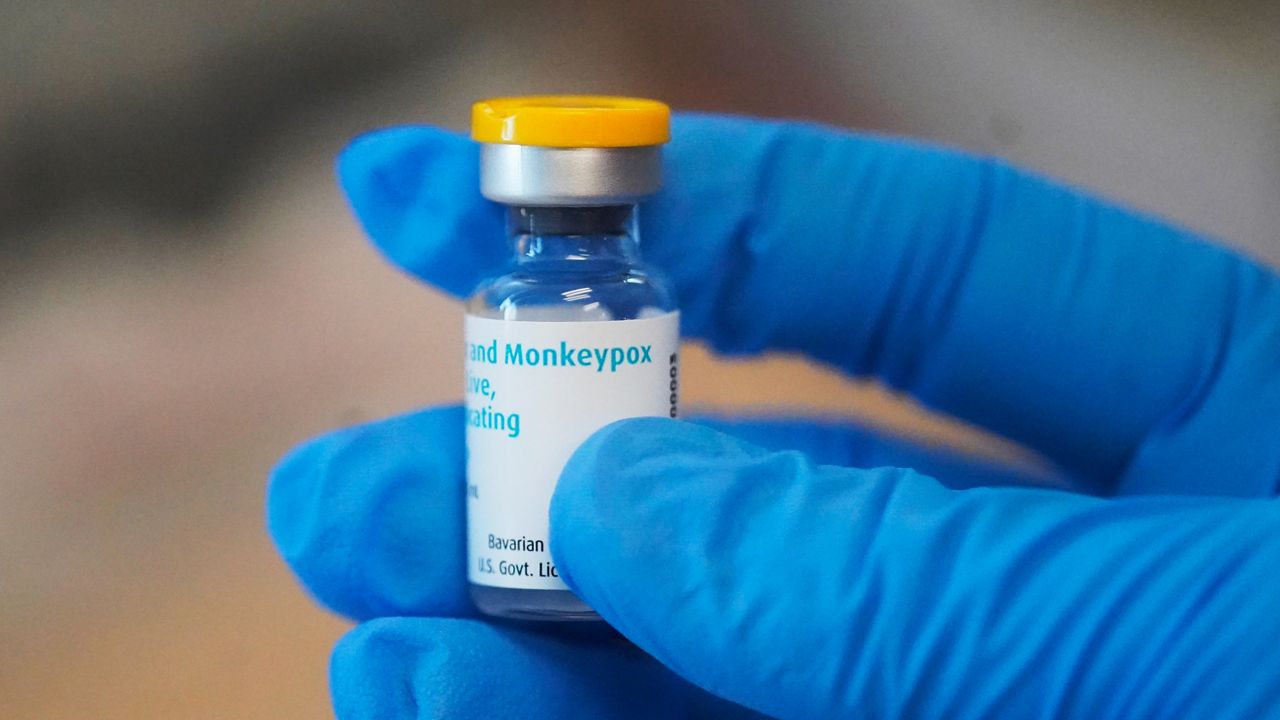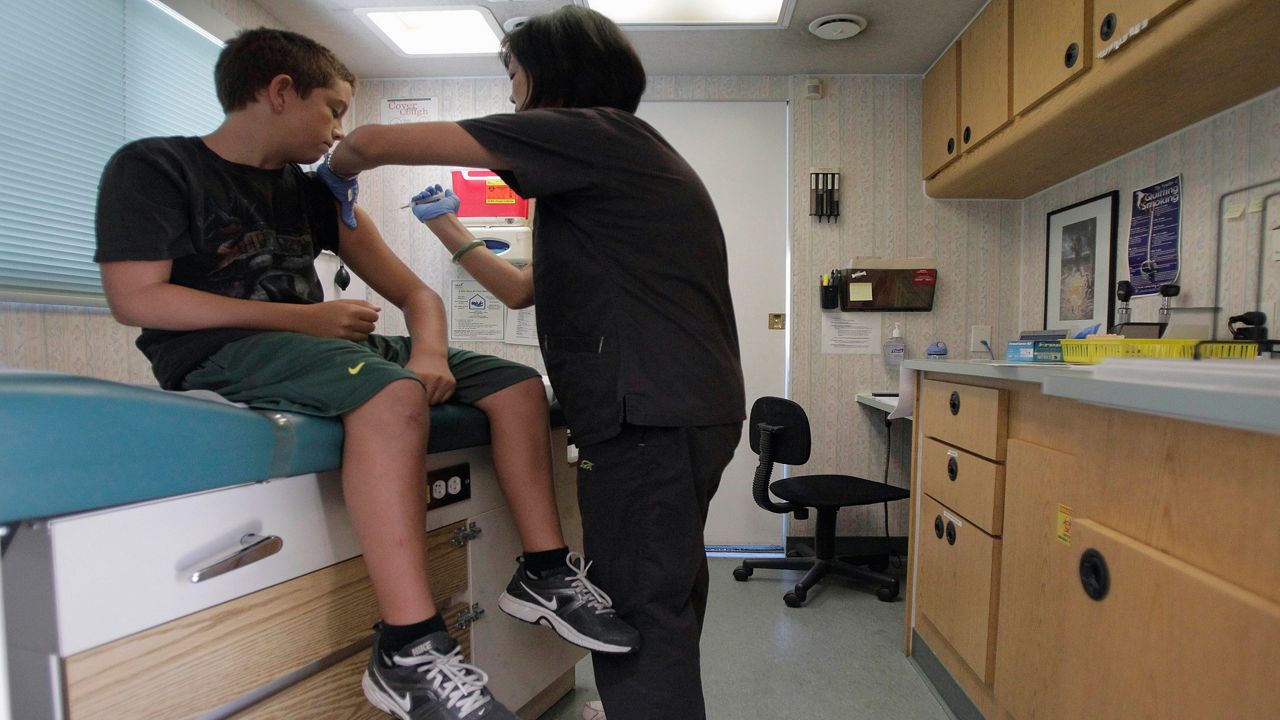CHICAGO – Illinois has declared monkeypox a public health emergency, declaring the state a disaster area which will allow the Illinois Department of Public Health to utilize resources for coordinating logistics across state agencies.
“MPV is a rare, but potentially serious disease that requires the full mobilization of all available public health resources to prevent the spread,” said Governor JB Pritzker.
A state of disaster declaration will allow IDPH to expand vaccine and testing capacities as well as aid in the getting the vaccines across the state to reach the most impacted communities efficiently.
St. Clair County has at least one suspected case of monkeypox. Illinois has the third most cases behind California and New York. All three have recently declared states of emergencies for the monkeypox virus.
As of July 31, the CDC reports:
- New York- 1,390 cases
- California- 827 cases
- Illinois- 520 cases
The state has received more than 7,000 doses of vaccine from the federal government, with 13,000 additional doses expected in the near future. Governor Pritzker called on the Department of Health and Human Services to increase Illinois’ vaccine allotment last month.
“A comprehensive and swift response is key when containing a disease outbreak,” said IDPH Director Dr. Sameer Vohra. “These measures will allow the state to deploy all our resources in fighting this disease and will open efficient lines of communication and cooperation across state lines.
The monkeypox virus spreads through prolonged and close skin-to-skin contact, including hugging, cuddling and kissing, as well as sharing bedding, towels and clothing. People getting sick so far have been primarily men who have sex with men. But health officials emphasize that the virus can infect anyone.
“We have seen this virus disproportionately impact the LGBTQ+ community in its initial spread. Here in Illinois we will ensure our LGBTQ+ community has the resources they need to stay safe while ensuring members are not stigmatized as they access critical health care,” said Gov. Pritzker.
The virus may cause fever, body aches, chills, fatigue and pimple-like bumps on many parts of the body.
The U.S. saw its first case of the monkeypox virus confirmed on May 18 and now has over 5,800 confirmed infections.









